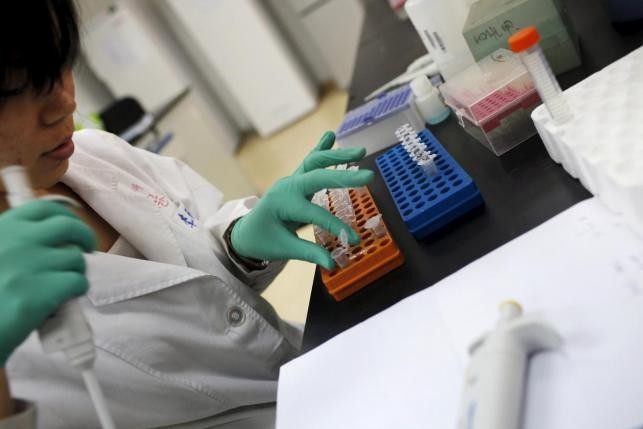Public hospitals in China undergo more stern regulation and scrutiny as the central government probes "excessive" prescriptions and tests in a bid to cut down healthcare costs.
Chinese hospitals and medical practitioners, especially ones regulated by the government, would soon be obliged to prescribe medicines and laboratory tests for their patients more conservatively amid the country's probe on excessive healthcare expenses.
A report from the South China Morning Post said that the mainland is aiming to curb prescriptions, which are on a trend of increasing in cost by over 10 percent annually.
Double-digit Pace
Health costs in China have been rapidly increasing for the past few years, making the central government decide to subject public hospitals in stricter scrutiny.
According to the SCMP, the government admitted that there was indeed a problem with the rapid rise of health costs, making it more difficult to reform the sector.
Deeming the situation to be in the "deep water zone," the mainland government has decided to regulate medical spending through a new directive from the State Administration of Traditional Chinese Medicine and the National Health and Family Planning Commission.
According to the order, local governments in both provincial and municipal levels are expected to establish a system to oversee health expenses in public hospitals.
Such system will rank hospitals based on their cost-cutting procedures and actual expenses.
According to experts, the healthcare expenses should not exceed the country's annual gross domestic product growth, which means that the double-digit pace of medical costs is much too quick for China's sluggish economy.
"In the future, China is not likely to see GDP growth faster than 7 percent, which means the increase in healthcare spending should not be faster than 10 percent," explained Director Yang Yansui of Tsinghua University's Research Center of Employment and Social Security.
Other Measures
China had also previously launched other programs to regulate medical expenses, including launching a series of pricing inspections for medicine suppliers, hospitals, and other procurement bodies.
According to the National Development and Reform Commission (NDRC) as cited by Reuters, the program entails monitoring and analysis of price behaviors and will run between June 1 and Oct. 31.
"The focus will be on abnormal price fluctuations of bulk medicines and various types of drugs," the NDRC said. "In the worst, most heinous cases, we will use our utmost strength and might to protect the process of fair competition in the medicine market."
China is also pursuing healthcare reforms that would reduce its reliance on medicines provided by overseas manufacturers and improve the public health system.



























